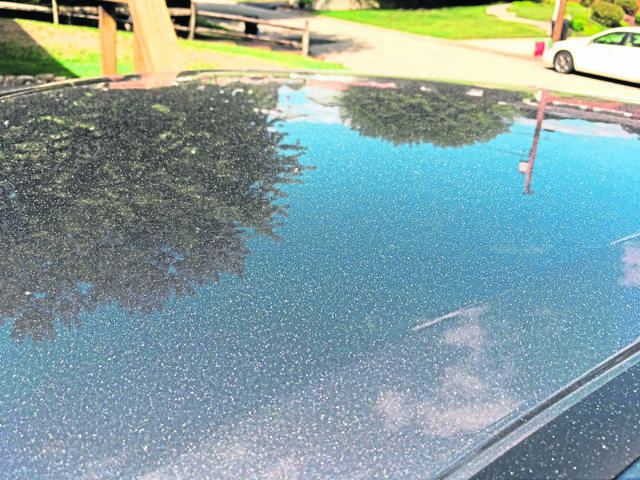Before you do anything hard — anything that might be painful or take great effort — you are often advised to do something to steel and steady yourself to do what needs to be done.
Take a deep breath, you are told.
But how do you do that when the great task at hand is about air quality and pollution?
On Friday, concerned residents rallied at the City-County Building in Downtown Pittsburgh, pushing for more action from the Allegheny County Health Department.
Many of those residents live in breathing distance of the U.S. Steel Clairton Coke Works, where a Christmas Eve 2018 fire knocked out pollution controls that scrub things like sulfur dioxide and particulates from the plant’s emissions for weeks. The ACHD issued fines but there are still concerns.
“If we don’t do something, the future of our kids is at stake,” resident Pamela Lee said. “If we don’t do something, who will?”
Things are being done. The question is, are they enough?
Fines are easily dismissed as the cost of doing business. What local, state and national regulatory agencies must do is give guidance or negotiate solutions.
In Harrison, the Harsco Corp. received a $100,000 ACHD fine for emissions violations.
In 2019, the slag processing site had white dust from its production escape the plant. ACHD is also requiring the Camp Hill-based company to build an enclosure that would contain those particulates.
“That’s not completely unique, but it is way beyond the normal operations,” said Jim Kelly, ACHD deputy director of environmental health.
“Beyond the normal operations” is a good target. If normal would allow the thin film of dust that could settle into cars and be sucked into unsuspecting lungs, going beyond that to try and find a solution should be the goal.
It’s important because problems with unclean air can be harder to avoid than those with water. Human beings might be made up mostly of water, but if our local supply goes bad, we can boil it before we use it, or filter it before we drink it, or — worst case scenario — truck it in from somewhere else.
We can’t do that with air. Air doesn’t respect borders or property lines. We can’t bottle it and bring it in from somewhere without pollution. What we have is what we breathe, and we have to make sure we keep it safe.
It might not be easy. It might take a lot of work. But it can happen.
Just take a deep breath and do it.








